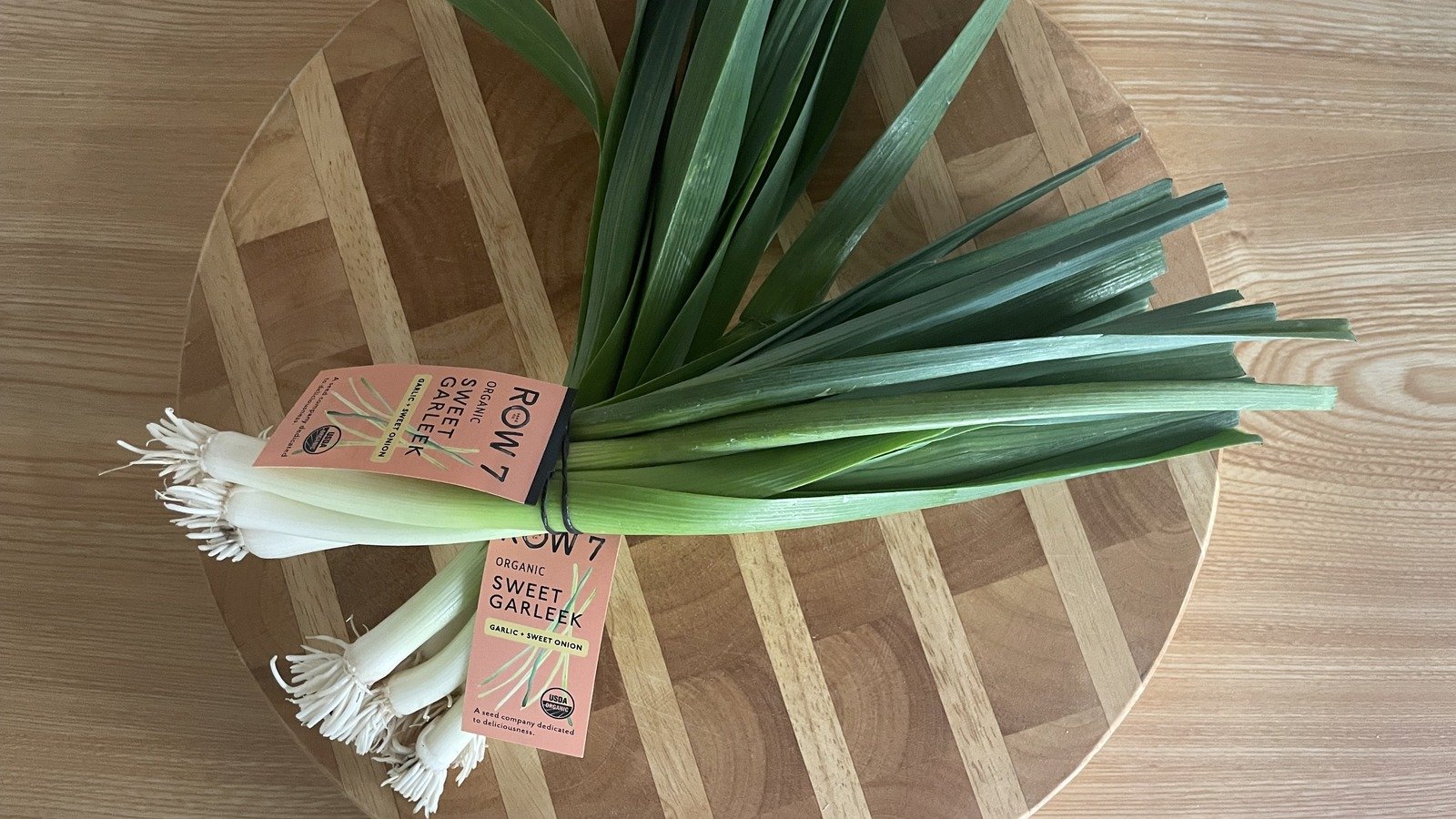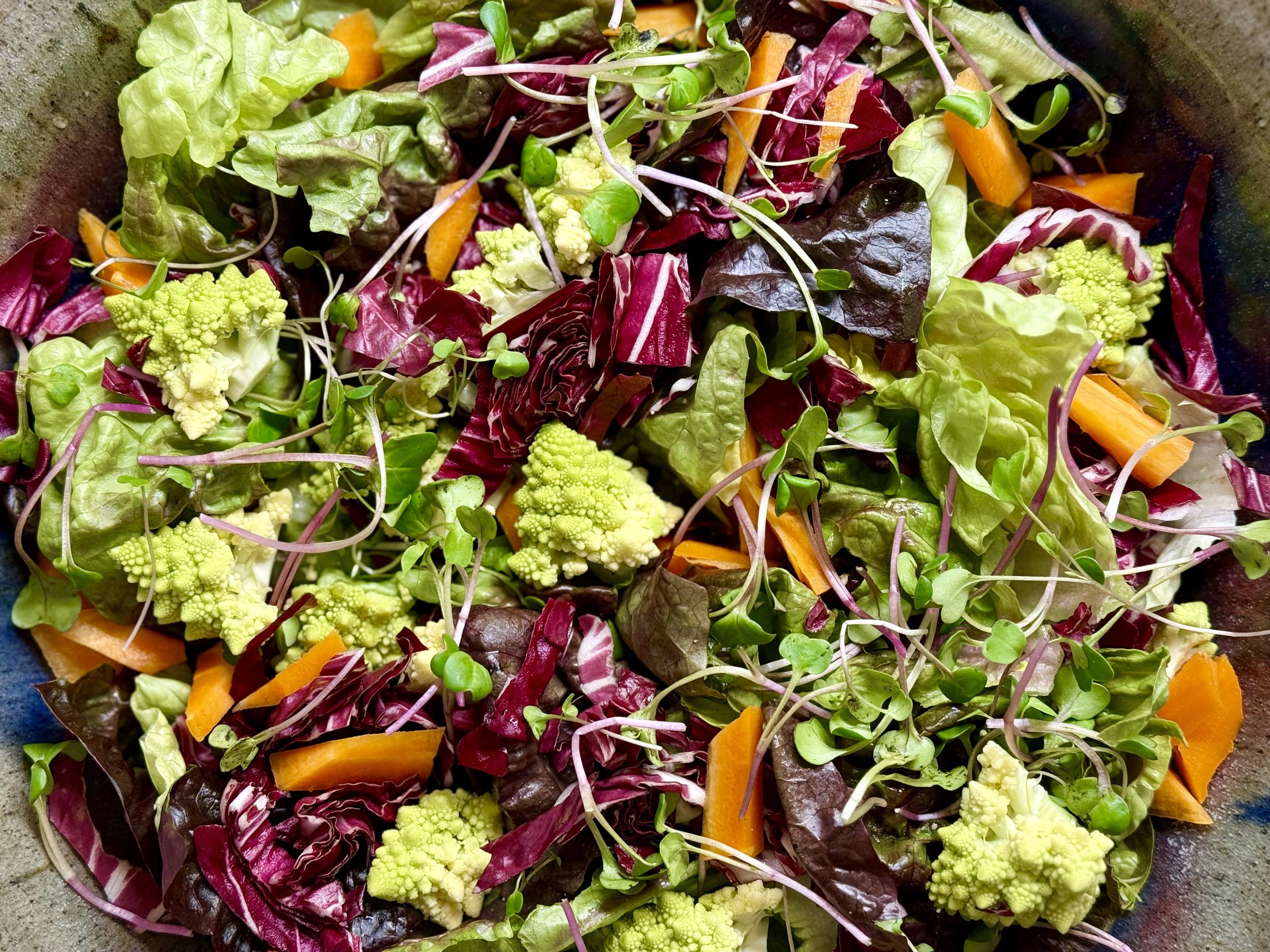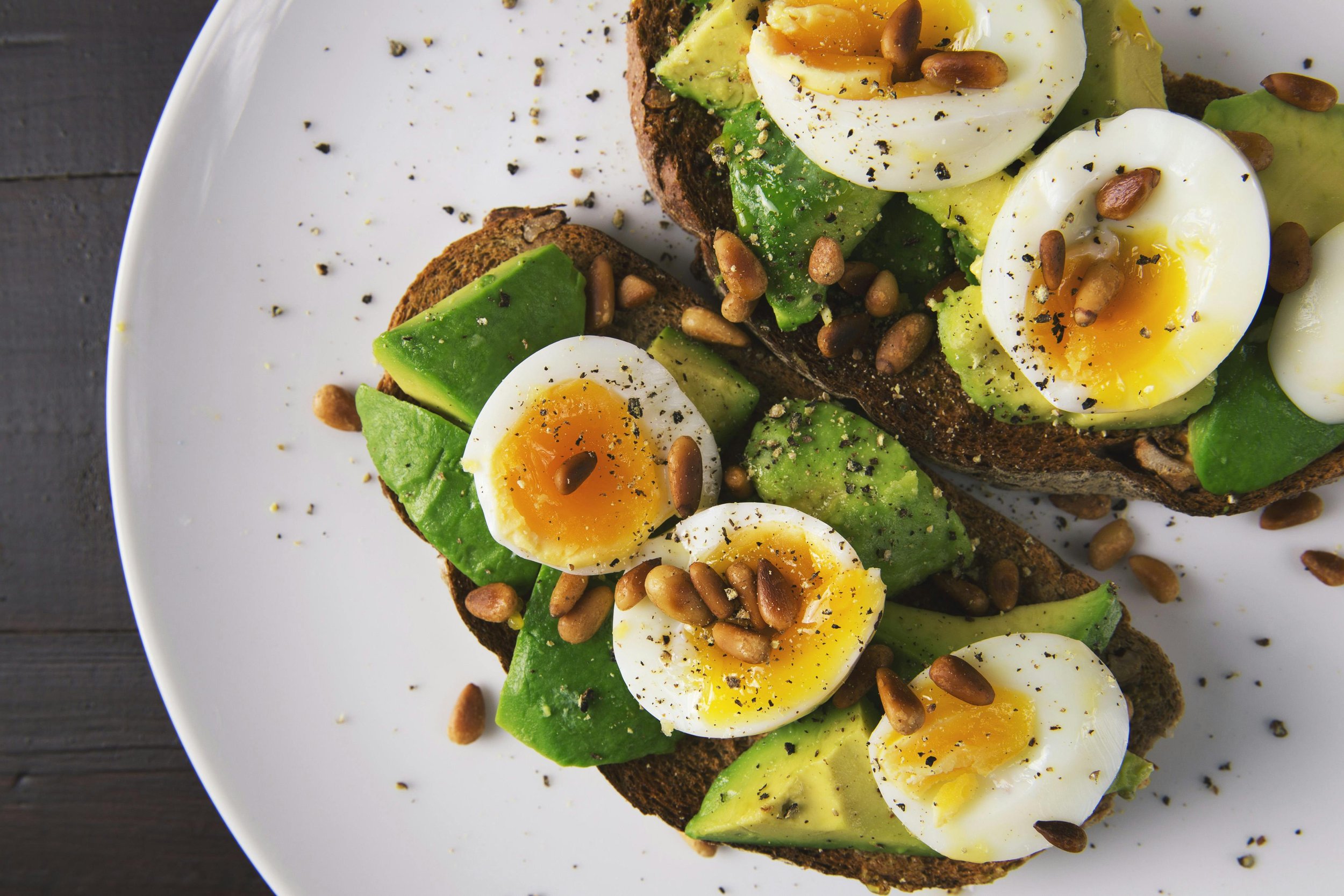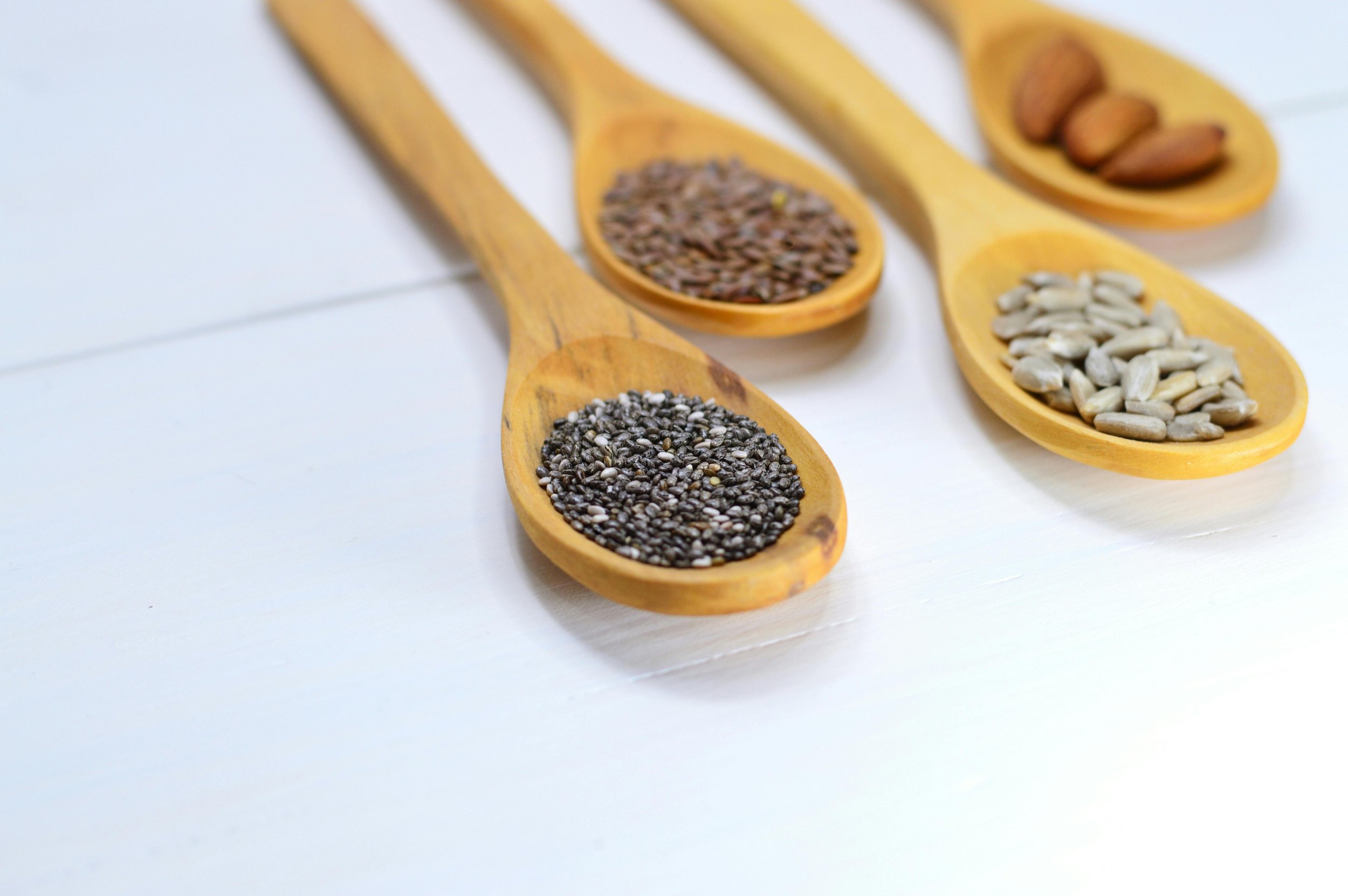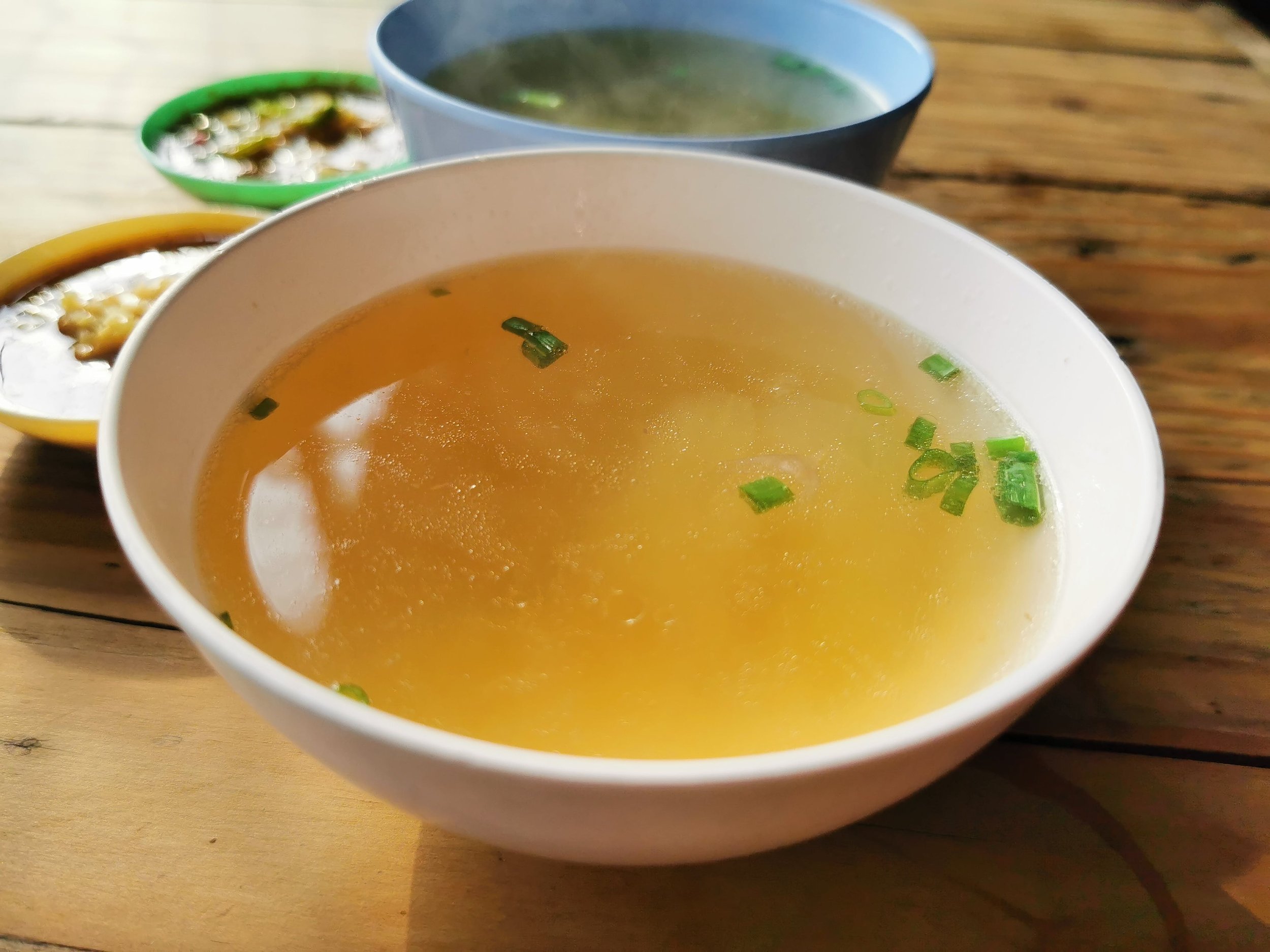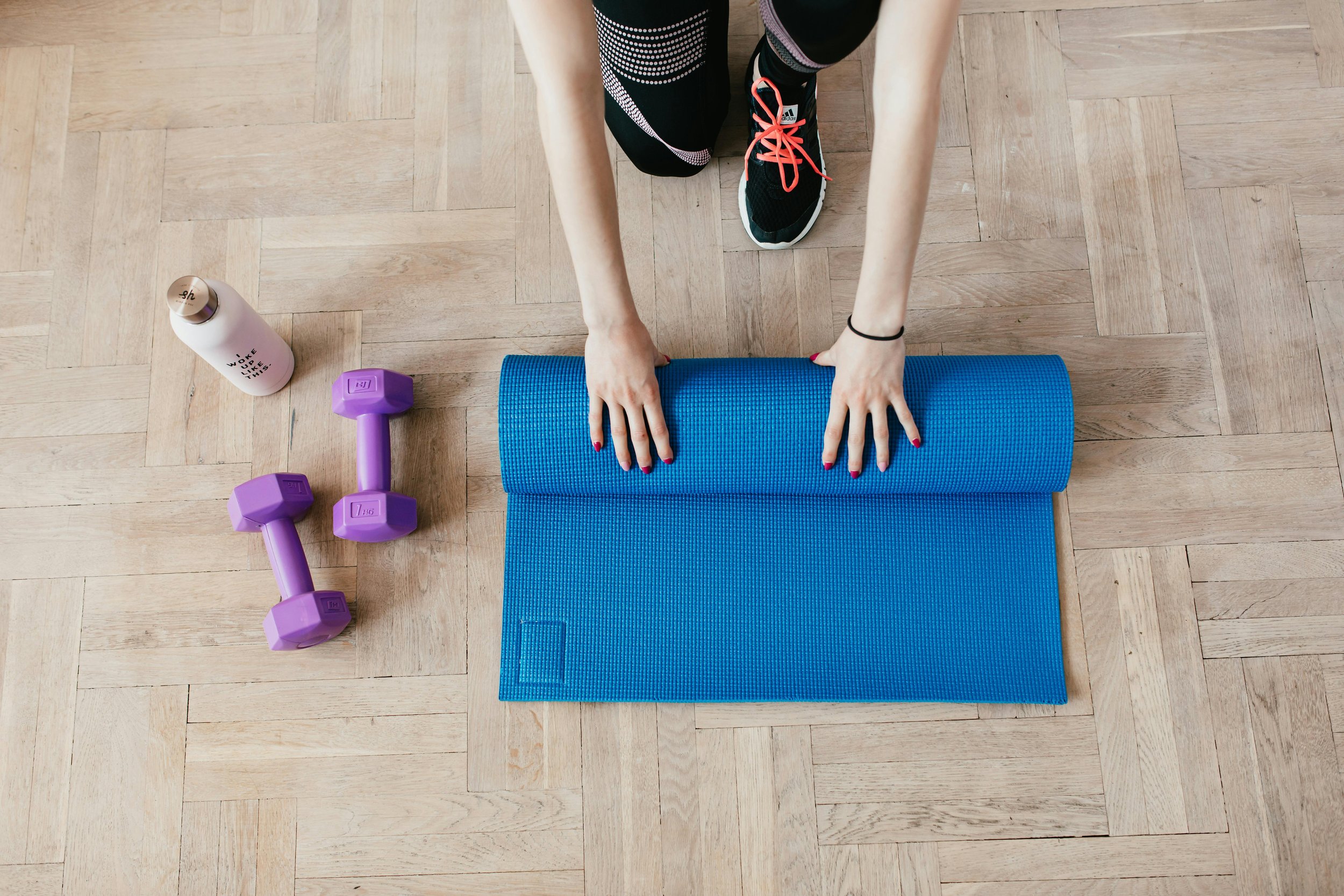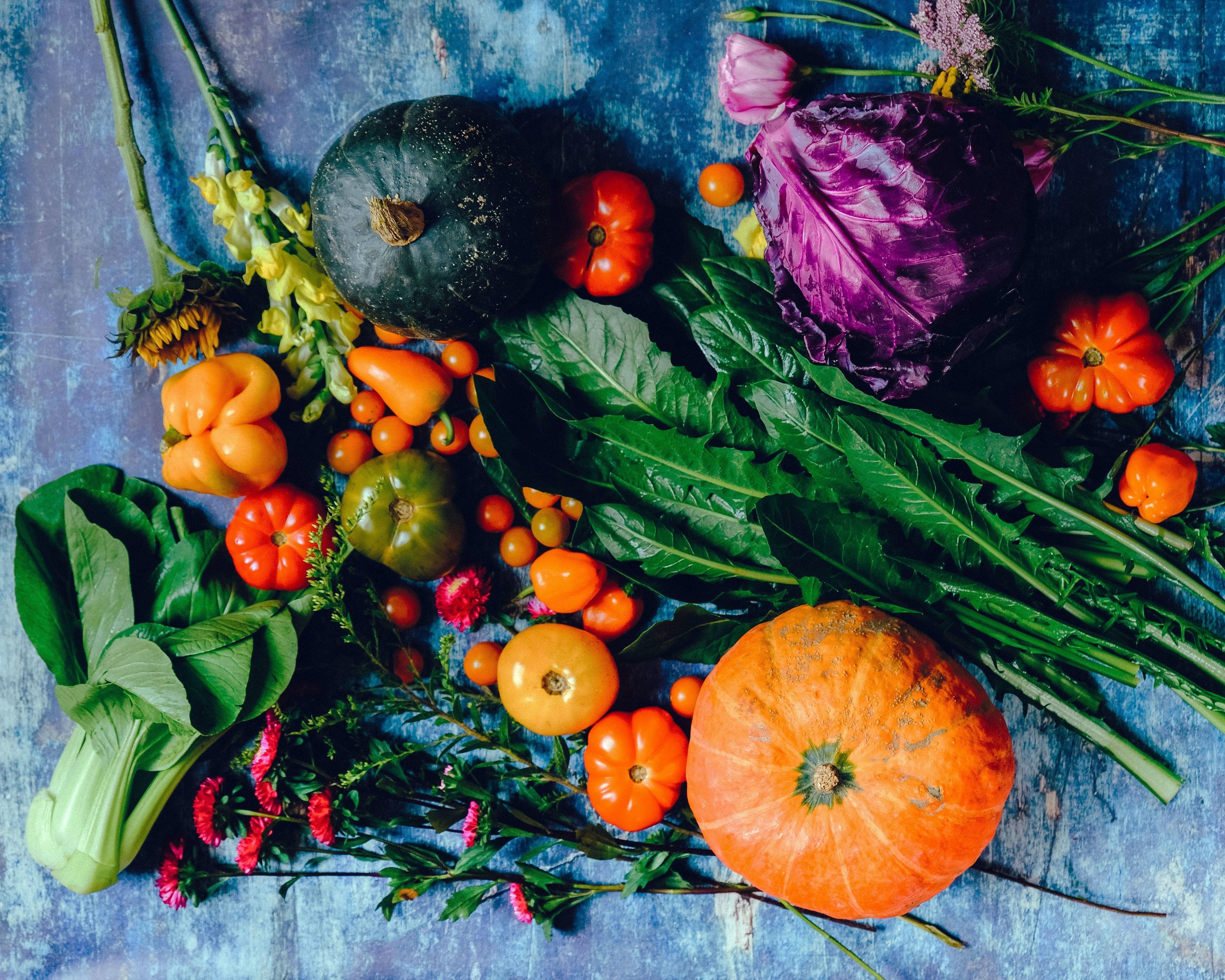Hydration and Irritable Bowel Syndrome: Understanding the Connection
By now, we are all pretty much aware that for most of us, drinking plenty of water is very important for our overall health. For those of us with Irritable Bowel Syndrome (IBS), it’s even more important. While the exact causes of IBS are not totally clear, research suggests that hydration plays a significant role in managing IBS symptoms. In this blog post, I have broken down the connection between hydration and IBS, and I’ve shared a few practical tips to help you maintain your own optimal hydration level.
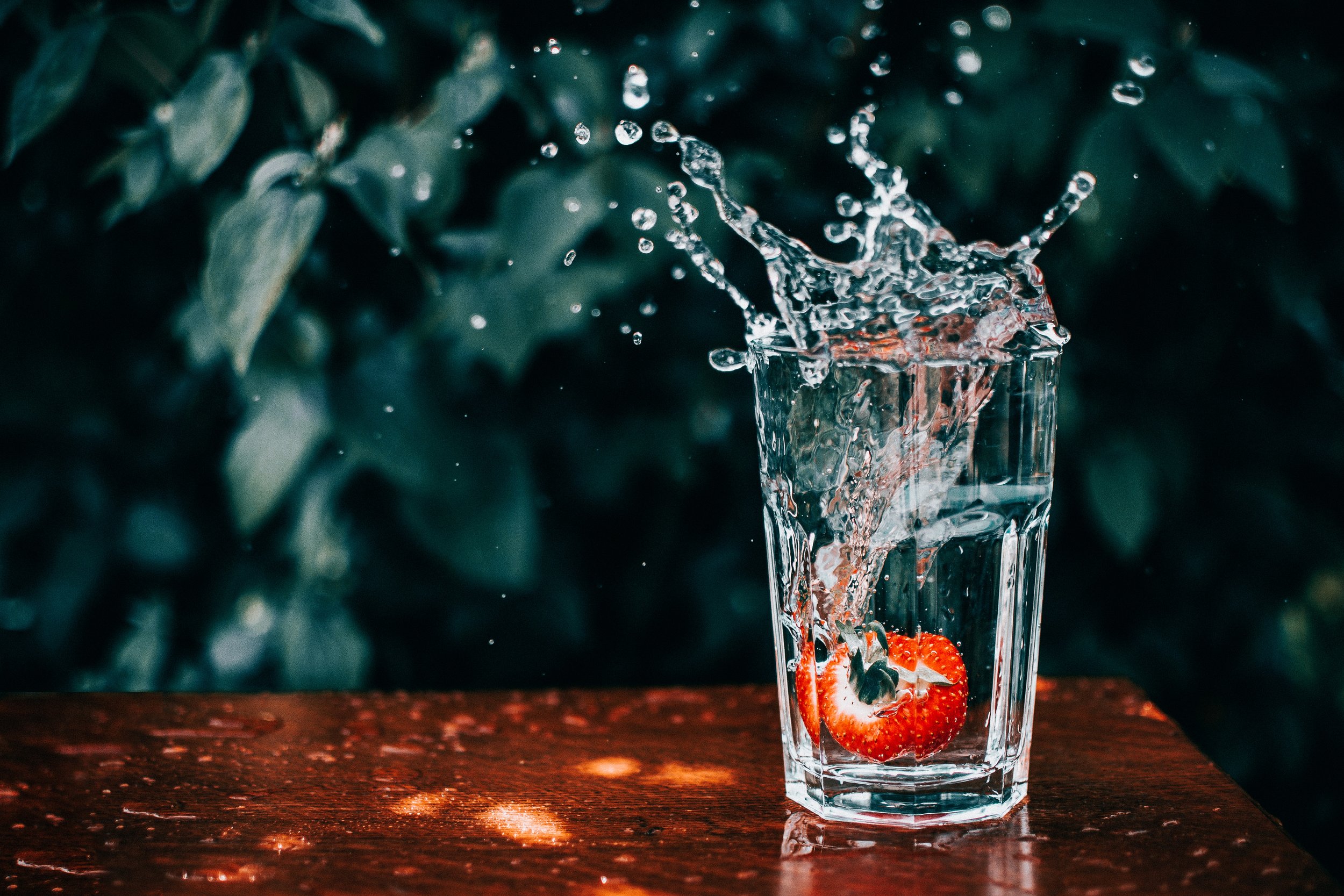
Let’s look at hydration and gut function for starters. The gastrointestinal tract requires adequate hydration to function optimally. Adequate hydration supports digestion, nutrient absorption, bowel motility, gut lining integrity, and microbial balance. For those of us with IBS, proper hydration is especially important as it can help alleviate common symptoms like constipation and bloating. Drinking an adequate amount of water throughout the day is essential for overall gut health and well-being.
Fluid Balance and Symptom Management: Proper hydration is crucial for maintaining fluid balance in the body. Proper fluid balance can have a positive impact on IBS symptoms. Dehydration can exacerbate gastrointestinal problems such as bloating, gas, and abdominal pain. A randomized controlled trial published in The American Journal of Gastroenterology found that increasing fluid intake improved symptoms and overall well-being in individuals with IBS (1). Furthermore, a well-hydrated body helps prevent constipation
Choosing the right thing to drink for hydration is very important: While water is the best choice for hydration, other drinks can contribute to your overall daily fluid intake as well. Some examples include herbal tea (my go-to herbal tea is this Ginger Tea), infused water, or other non-caffeinated, low-sugar drinks. It is very important to be mindful of certain drinks that may trigger or worsen IBS symptoms. Caffeine-containing drinks, carbonated drinks, and those drinks that contain a high percentage of sugar can irritate the gut and cause bloating and discomfort when you have IBS. Opting for water, infused water, herbal tea, or other non-caffeinated, low-sugar options is almost always going to be the best choice for maintaining hydration without exacerbating IBS symptoms.
Practical Tips for Hydration and IBS Management:
Set a goal to drink at least 8 cups (for a total of 64 ounces) of water every day to maintain hydration levels.
Build habits around drinking adequate water such as keeping a glass by the sink that reminds you to fill it and drink it every time you pass by.
Carry a water bottle with you to ensure easy access to water throughout the day.
Sip water regularly instead of gulping it down in large quantities, which can cause bloating.
If plain water feels boring, try infusing it with low-FODMAP fruits (oranges or strawberries for example), vegetables (cucumber slices for example), or herbs (mint or basil for example) for added flavor. Simply fill a pitcher with water, add the fruit, vegetables, or herbs, and then let sit in the refrigerator until you’re ready to drink it. Refresh the whole thing every couple of days.
Avoid excessive consumption of caffeine, carbonated drinks, and sugary beverages.
Monitor urine color to assess hydration levels. Clear or light yellow urine usually indicates adequate hydration.
Staying properly hydrated is essential for managing Irritable Bowel Syndrome and minimizing its symptoms. Adequate hydration supports proper gut function, helps maintain fluid balance, and alleviates common symptoms such as constipation and bloating. By being mindful of your fluid intake and making informed drink choices, you can improve your overall well-being. Remember, water is the absolute best option for hydration, but other hydrating beverages can be included that will keep you hydrated without triggering your symptoms. Just set all the excuses aside (about why you can’t possibly drink 8 glasses of water a day) and give your gut what it needs to function well. You will be giving your entire body and mind just what it needs to make you feel your best.
Drink and enjoy every sip because you can!
References:
Teixeira MZ, Guedes CC, Barros LL, et al. Fluid intake and symptoms in adults with irritable bowel syndrome. Am J
Have a question you’d like to have answered? Email me at hello@ibsgamechanger.com
More Deliciously Low FODMAP™ tips and tools
After the holidays or any time you want to improve your relationship with food, use these techniques to master mindful eating and regain control of your health.
Plant variety is only part of the picture. There’s another factor that doesn’t get as much attention but plays a big role in microbiome health: your sodium intake.
Garleek is a vegetable that's a cross between garlic and leeks, and the low-FODMAP greens add a wonderful flavor to your savory dishes
In this blog post I’m sharing 8 strategies to overcome the feelings of discouragement and fear that may be standing in the way of your success.
If you want to try a food that has not yet been tested and added to one of the low-FODMAP apps , one of the most important tools in your low-FODMAP arsenal is self-testing.
In this blog post, I explore some of the ways deep tissue massage can support IBS symptom management, giving you one more tool in your toolbox to find a holistic path to comfort and well-being.
One of the biggest challenges when struggling with gut issues is getting answers to your many questions about cause and treatment. With this in mind, we in the content creator space, work hard to bring you specific and actionable information to help answer your questions.
Since launching IBS Game Changer, I’ve been on a mission to support individuals living with Irritable Bowel Syndrome (IBS) by providing expert coaching, delicious recipes, and essential tips for symptom management.
In this post, I’m sharing many of the essential pantry staples I use in my recipes all the time.
One of the biggest challenges when struggling with gut issues is getting answers to your many questions about cause and treatment. With this in mind, we in the content creator space, work hard to bring you specific and actionable information to help answer your questions.
Monash University recently re-tested avocados for FODMAP content and they made an interesting discovery
In this blog post, I’m addressing the intricate relationship between anxiety and Irritable Bowel Syndrome, exploring how they impact each other, and giving you some specific things you can do to get them both under control.
The warmth and soothing nature of bone broth can provide relief from digestive discomfort. Sipping on a warm cup of bone broth may help ease symptoms such as bloating and cramping.
From Mindful Munching to making Social Connections — here are some tips for a happy holiday!
Research underscores the point that moderate-intensity exercise often outperforms vigorous exercise in relieving IBS symptoms. But individualization is key.
Taking a moment each day to acknowledge and appreciate the positive aspects of our lives can have a profound impact on our well-being.
How can you ensure your gut biome is in the best shape possible? I’ve put together the top 10 strategies to promote a healthy and diverse gut biome. Read on…
Constipation: What is it? What are some common myths about it? What can you do about it?





